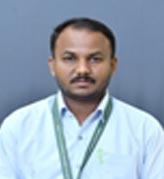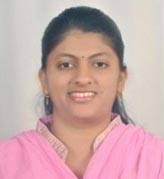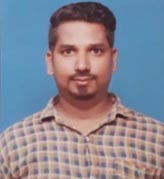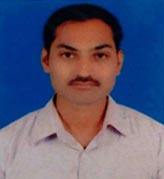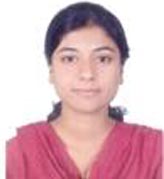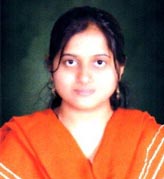About Department
The hard core focus is on the development of expertise in the areas of electrical, electrical machines, digital electronics, information technology, harmonics, energy management and control.
The department of electrical engineering has been playing a vital role in all areas of electrical engineering such as integrated electronics and circuit, telecommunication, computer technology, control and automation, power systems and power electronics.
Electrical engineering is the design, building and maintenance of electrical control system, machinery and equipment. Electrical engineers work in transport networks, lighting, heating, ventilation, lift system, power generation and distribution, renewable energy, manufacturing and construction
Annual Intake
| Sr.No | Course | Intake |
|---|---|---|
| 1 | Engineering(B.Tech.) | 30 |
| 2 | Polytechnic | 60 |
Vision
To create positive environment for fundamental development of students and to provide quality education to them to empower knowledge and make them able and confident to enter the competitive world.
Mission
To prepare competent engineers and technocrats and responsible citizens for engineering profession through development of technical skills
To create an environment that increases the involvement and commitment of all stake holders for continuous improvement in performance and quality.
Programme Outcomes(POs)
The graduates of electrical engineering program will be able to demonstrate.
PO1- Engineering Knowledge :Apply the knowledge of mathematics, science, engineering fundamentals, and an engineering specialization to the solution of complex engineering problems.
PO2- Problem analysis: Identify, formulate, research literature, and analyze complex engineering problems reaching substantiated conclusions using first principles of mathematics, natural sciences, and engineering sciences.
PO3- Design/development of solutions: for complex engineering problems and design systems, components or processes that meet specified needs with appropriate consideration for public health and safety, cultural, societal, and environmental considerations.
PO4- Conduct investigations of complex problems: Use research-based knowledge and research methods including design of experiments, analysis and interpretation of data, and synthesis of the information to provide valid conclusions.
PO5- Modern Tool Usage: Create, select, and apply appropriate techniques, resources, and modern engineering and IT tools including prediction and modeling to complex engineering activities with an understanding of the limitations
PO6- The Engineer and Society :Apply reasoning informed by the contextual knowledge to assess societal, health, safety, legal, and cultural issues and the consequent responsibilities relevant to the professional engineering practice.
PO7- Environment and Sustainability: Understand the impact of the professional engineering solutions in societal and environmental contexts, and demonstrate the knowledge of need for sustainable development.
PO8- Ethics :Apply ethical principles and commit to professional ethics and responsibilities and norms of the engineering practice.
PO9- Individual and Team Work: Function effectively as an individual, and as a member or leader in diverse teams, and in multidisciplinary settings.
PO10- Communication: Communicate effectively on complex engineering activities with the engineering community and with society at large. Some of them are, being able to comprehend and write effective reports and design documentation, make effective presentations, and give and receive clear instructions.
PO11- Project Management and Finance: Demonstrate knowledge and understanding of the engineering and management principles and apply these to one’s own work, as a member and leader in a team, to manage projects and in multidisciplinary environments.
PO12- Life Long Learning : Recognize the need for, and have the ability to engage in independent and life-long learning
Program Specific Outcome(PSOs)
PSO1: To demonstrate their knowledge in effective implementation during their practice of profession of Electrical Engineering with due regard to environment and social concerns.
PSO2: To demonstrate their knowledge in analysis, design, erection and laboratory experimentation regarding Electrical Engineering.
PSO3: Ability to work comfortably with Electrical Machines, Switchgears, power electronics and electrical systems.
Faculty Profile
Technical Staff
Syllabus
| Sr. No | Title | View |
|---|---|---|
| 1 | B.Tech(Electrical Engineering)- Final Year Syllabus | View |
| 2 | B.Tech(Electrical Engineering)- Third Year Syllabus | View |
| 3 | B.Tech(Electrical Engineering)- Second Year Syllabus | View |
Course Plan
Students Achievements
Downloads
Newsletter
Photo Gallery
Reports
Workshop
Seminars/workshops/conferences
Students activities
Industrial visits
Guest Lectures


